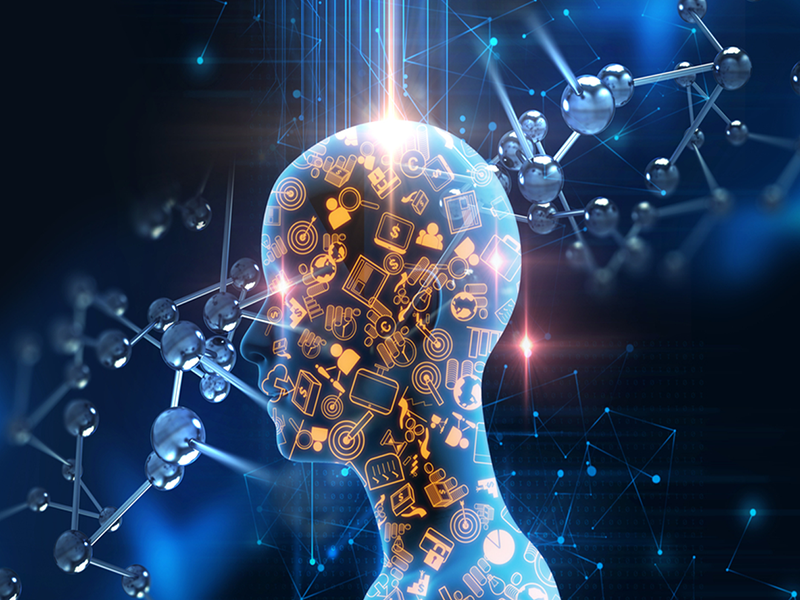
Artificial Intelligence.
The “Artificial Intelligence” thematic area is mainly focused on theoretical, experimental and applicative aspects concerning new generation systems capable of learning and reasoning, showing neuromorphic problem-solving characteristics, of interaction with humans in a natural way and personalized by integrating emotional and social aspects.
It includes many closely related research fields: i) cognitive systems for robotics, ii) human-machine interaction including natural language interpretation, iii) multi-omics data analysis for precision medicine, iv) image analysis for medical imaging v) innovative machine learning models, vi) descriptive and predictive models for analyzing and mining real-time big data flows.
All these areas are united by the use of methodologies, algorithms and techniques for machine learning and human-like reasoning.
In many cases, artificial intelligence systems must also be able to explain how they have obtained a specific result or a particular response. This characteristic, known as explainable AI (XAI), it is of fundamental importance since it makes artificial intelligence “acceptable” in many fields where decisions are vital.
There are numerous fields of application of the research conducted in this thematic area. In fact, they range from precision medicine to cultural heritage, from robotics to industry 4.0, from public administration to Ambient Intelligence
Involved Groups:
- Cognitive Systems for Robotics – CRS
- Augmented Human-Computer Interaction – AHCI
- Bioinformatics and Computational Biology for Precision Medicine – BCB4PM
- Self-Learning and Self-Adaptive Systems – SLSAS
- Language and Knowledge Engineering – LKE
- Innovative Models for Machine Learning – IMML
- Artificial Intelligence in Image and Signal Analysis – AI-ISA
- Social and Complex Data Intelligence – SCDI
